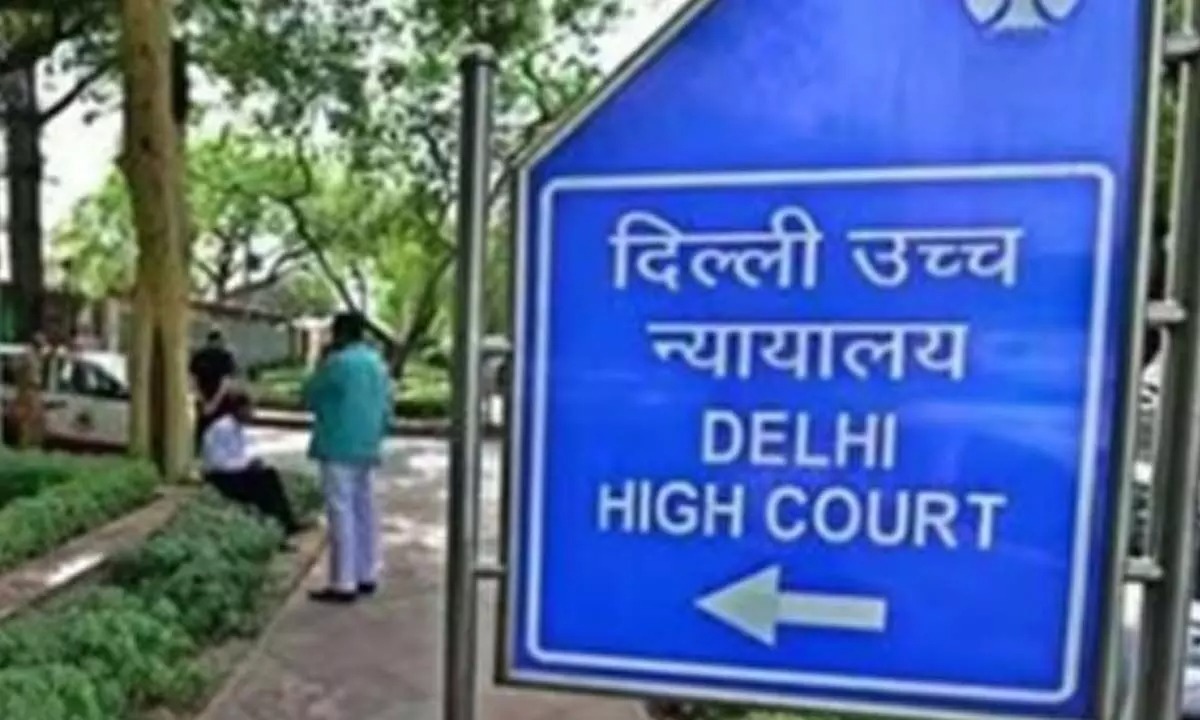S.N. Bhattacharjee, J.@mdashIn this writ application the order of the Tribunal dated July 6, 1999 in O.A. No. 472 of 1999 (Kalyan Kr. Roy v. Union of India) has been impugned.
2. The Petitioner Sri Kalyan Kr. Roy, while working as Commercial Supervisor (Parcel) Eastern Railway, Sealdah was arrested by the Central Bureau of Investigation on November 12, 1998 and was released on bail by learned court. The Petitioner was also suspended by the Respondents on the plea of a disciplinary proceeding against the Petitioner being under contemplation and the same was revoked by an order dated January 21, 1999. The Petitioner fell sick from February 1, 1999 till April 19, 1999. When the Petitioner went to resume his duty he was served with an order of transfer issued by the Respondent No. 2 whereby he was transferred from Sealdah to Jamalpur in the Establishment of the Divisional Railway Manager, E. Rly, Malda. The Petitioner preferred the application before the Central Administrative Tribunal challenging the order of transfer on the following grounds:
(1) The order of transfer dated January 5, 1999 smacks of punitive measure and was not made in public Interest.
(2) The elder son of the Petitioner has been reading in Ashutosh College, B. Sc. and other son is class XI in Jaipuria College. The order of transfer, if acted upon, will Jeopardise the academic career of the children.
3. The Petitioner moved the application for stay on April 28, 1999 before the division bench of the Tribunal and obtained the order of stay till the next date of hearing on admission which was fixed on June 8, 1999.
4. This order was passed in the presence of the Respondents.
5. The Respondents contested the application by filing written reply justifying the order of transfer was made on administrative rounds, it was considered by the authorities that when a criminal case has been started at the instance of CBI there was no need, keeping the Petitioner under suspension and of decision was taken to transfer him which would serve the purpose of administration. It was further alleged by the order of the stay was obtained by the Petitioner by suppressing the fact that he was already released by an order dated April 24, 1999. Since he was released from present case of posting before the interim order of stay.
6. The learned tribunal after having heard both the sides dismissed the petition on a finding that in the instant case the applicant suppressed the material facts and that the applicant did not avail the opportunity of making any representation to the Authority against the order of transfer as required u/s 20 of the Administrative Tribunals Act. Liberty, however, was given to the applicant to approach competent authority by filing representation about his personal hardship, if he thinks fit and proper.
7. The present writ petition arises out of this order of the Tribunal.
8. It has been argued by the Learned Counsel appearing for the Petitioner that the ld. Tribunal was pleased to hold that the impugned order of transfer was irregular but also wrongly dismissed the application on the above two grounds which are not tenable. The learned tribunal has failed to appreciate that the order of release was served on April 24, 1999 after having received the copy of the application u/s 19 of Administrative Tribunal Act, 1985. it has also been argued that the at the time of passing the impugned order by the Division Bench the ld. Counsel for the Respondents was present and did not raised this point of suppressing the fact of the release order being served upon the Petitioner on April 24, 1999. This point was raised at the time of hearing. According to the Learned Counsel, the question of suppression, therefore, does not arise.
9. The Learned Counsel for the Petitioner has also assiled the second ground for rejection of the Petitioner''s application by relying upon a decision in Amarnath Vaish v. Union of India (1987) 4 A.P.C. 606 Jodhpur, wherein it was held that the expression ''Ordinarily'' used in Sub-section (1) makes it explicit that there is no absolute embargo on the admission of an applicant in a case where the application has not availed of the remedies available to him under the relevant Service Rules as to redressal of his grievance. That apart, the application has already been admitted and it is too late to throw it on the aforesaid ground.
10. The Learned Counsel for the Respondents has argued that learned Tribunal was justifying in dismissing the application as the Petitioner did not come with clean hands in invoking the writ jurisdiction of the Tribunal for getting equitable relief. The ld. Tribunal, according to him, was justified in holding the Petitioner guilty of suppressing the material fact that he obtained interim order from the Hon''ble Tribunal on April 28, 1999 when he was already released on April 24, 1999. As a result, he argued, the applicant is enjoying the tribunal''s order without doing duty at any place since he has already been released from his earlier posting and cannot join his duty there. He is also not reporting for duty at the new station on the purported strength of the interim order.
11. It has been further argued by him that the Petitioner was involved in a criminal case for taking illegal gratification from businessman and following a recovery of Rs. 3,00,000.00 on raiding his house by C.B.I. personnel. A criminal case was registered before the Alipore Civil Court under Prevention of Corruption Act. In view of this criminal case being registered against the Petitioner the administration deemed it fit to revoke the suspension order and not to prevent the loss of revenue by keeping the Petitioner idle, transferred him into the Jamaipur for administrative reasons. So the order of transfer was not mala fide but was based on sound administrative principles and the tribunal rightly decided not to interfere with the administrative decisions of the domestic authority. He has further argued that the Petitioners personal hardship was a matter for consideration not by the tribunal by the administrative authorities where no application for consideration was filed by the Petitioner.
12. After having heard the Learned Counsel of both the sides and the reasons offered by the ld. tribunal we are of the opinion that there is some substance in the argument of the ld. Counsel for the Petitioner that the allegation of suppression of material fact as discussed above ought not to have played any vital role in arriving at the decision by the ld. tribunal. It cannot be disputed that on the date of passing the interim order of stay it was opened to the Learned Counsel for the Respondent to bring it to the notice of the division bench that the Petitioner was already released from his duty on April 24, 1999. Moreover the averments made in para. (2) of the instant writ application that order of release was issued subsequently to the receipt of the notice of O.A. No. 472 of 1999 challenging the order of transfer has not been controverted in the reply of the Respondents, (vide para.7 of the reply).
13. We are, however, not in a position to accept the argument of the ld. Counsel for the Petitioner that the ld. tribunal was wrong in dismissing the application on the ground of non-exhaustion of the remedy available to the Petitioner by submitting representation to the authorities disclosing his personal hardship and also the argument that the transfer order is bad in law for being punitive issued under a colourable exercise of power. In the instant case the Petitioner was involved in a criminal case under Prevention of Corruption Act. The administration revoked the order of suspension and transferred him to a distant place on the purported reasoning that the Petitioner should not be allowed to interfere with the investigation and at the same time should not be kept idle resulting in lose of revenue to the Government. The Respondents themselves pierced veil of transfer order by disclosing to operative reason for transfer. Supreme Court has pointed out in K.B. Sukla v. Union of India (1979) 4 S.C.C. 873 : 1979 (2) S.L.R. 58 S.C.:
The responsibility of a good administration is that of the Govt. The maintenance of an efficient, honest and experienced administrative service is a must for the due discharge of that responsibility. Therefore, the Government alone is best-suited to judge as to the existence of exigency of such service requiring appointments by transfer. The term ''exigency'' being understood in its widest and pragmative sense....
14. In T.D. Subramaniam v. Union of India AIR 1982 S.C. 776 : (1981) 3 S.L.R. 608 S.C. the Supreme Court was faced with a question whether the order of transfer was made in the exigency of service. Supreme Court held that handling the staff tactfully important requisite or maintaining relation between the employer and the employee and, therefore, conducive to good administration and in such circumstances the transfer would not be assailed on the ground that it was not in the exigencies of service.
15. It is, therefore, neither for the tribunal nor for this Court to sit upon the administrative decision to transfer the Petitioner and to hold such decision to transfer was irregular or bad in law.
16. It is true that non-exhaustion of the remedy available to the Petitioner by submitting representation to the authorities does not preclude the tribunal from admitting and entertaining the application challenging the order of transfer in extreme cases. But ordinary such remedy before the domestic forum should be exhausted inasmuch as the grounds for representation being personal to the incumbent cannot be amenable to the adjudication by the tribunal or the writ court, whether the Petitioner can be accommodated by posting to a station nearer to his house or where the incumbent can be accommodated in any other way so that education of the children may not be hampered are all matters for the domestic authorities to consider which would be in a better position to render justice be the representation on consideration of various factors like vacancies, administrative exigency, duration of earlier posting and so on. The ld. tribunal, therefore, cannot be held to have fallen in error of law in dismissing the application and giving liberty to the Petitioner to apply to the domestic authorities if he deems fit and proper. In exercising power of judicial review we do not find any reason to interfere with decision of the learned tribunal subject to our findings made hereinabove. The writ application is, therefore, devoid of any merit and the same is dismissed on contest but without any order as to costs.
Ruma Pal, J.
17. I agree.

